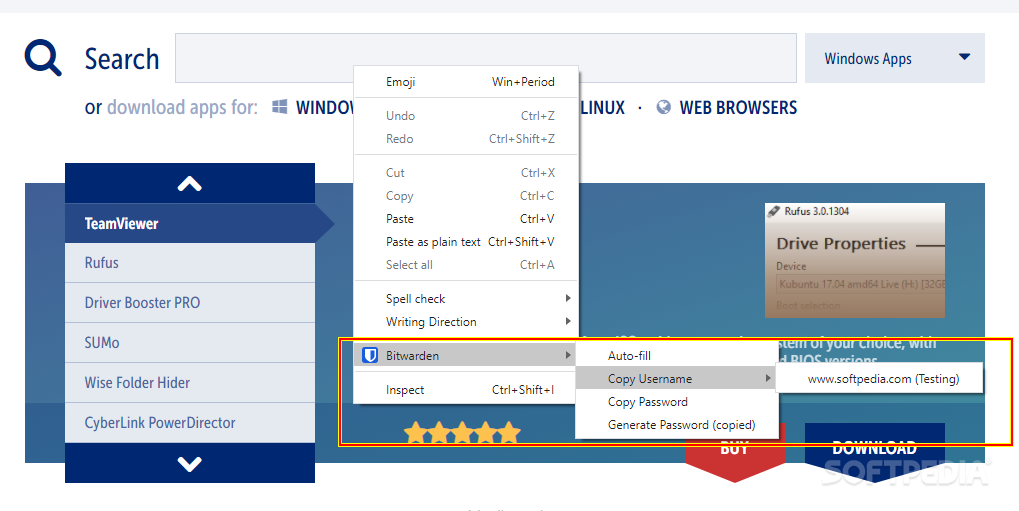
How is that possible if there are restrictions in place?Ī member of the Bitwarden team recently mentioned that Bitwarden's extension would be reworked in order to support Manifest v3. Most, if not all of these add-ons, support Firefox's Private mode. So, it is Mozilla's fault, or is it? Take LastPass for example, or any other password manager extension. The problem here is that you need to have unlocked the password manager in a normal Firefox window, and switch to the private window in order to access these other options.

Interestingly, the context menu works perfectly in private mode, and so does the hotkey Ctrl + Shift + L. The password manager's pop-up panel is unlocked in a normal, non-private window, the contents of which wasn't accessible in a private window. The founder of Bitwarden pointed the finger of blame at Mozilla, claiming that Firefox did not allow background page communication in private windows, and this was preventing the add-on from functioning in said mode.

This meant that users couldn't access their logins, or save new usernames/passwords conveniently, as they could in regular windows.

The Chrome version of the add-on wasn't impacted by the issue. Clicking the password manager's button on the toolbar would display an empty modal, or show an error that it can't work in private mode. What was the issue?īitwarden's pop-up panel wouldn't work in Firefox private windows. That's a different story, let's focus on Bitwarden. That, combined with uBlock Origin, provides solid security and privacy from cross-site trackers.

Personally, I prefer using a dedicated container per site or genre (shopping, banking, games, etc) in normal browsing mode. It is handy for accessing and managing shopping, and banking accounts without worrying about cross-site trackers. It can be quite useful to block trackers, and to prevent storing cookies permanently. This isn't a deal-breaker for the majority of users, but some people use the Private browsing mode for protecting their privacy.


 0 kommentar(er)
0 kommentar(er)
